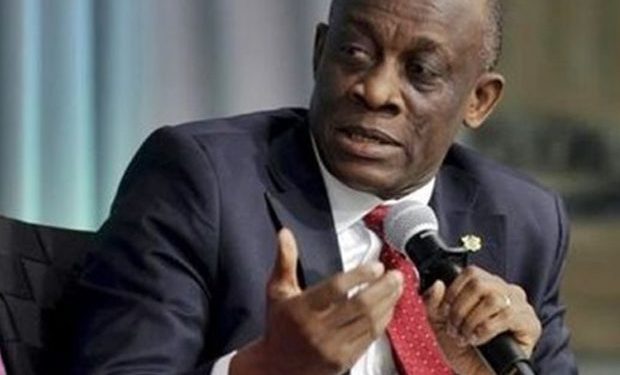Terkper criticizes Government’s emission levy as double taxation
The discourse surrounding the emission levy underscores the intricate interplay between environmental policy imperatives, taxation frameworks, and economic considerations
Former Finance Minister Seth Terkper has raised concerns over the government’s proposed emission levy, denouncing it as a form of double taxation due to its perceived overlap with existing excise duties on imported vehicles.
Mr Terkper argues that the imposition of the emission tax, purportedly aimed at incentivizing the adoption of environmentally friendly vehicles, is redundant given the presence of an established excise duty structure. This structure, he asserts, already accounts for factors such as engine size and age, indirectly reflecting emissions.
In an interview, Mr Terkper cautioned that the introduction of this levy could potentially exacerbate tax evasion and avoidance among vehicle importers.
He highlighted that the excise duty currently levied on imported vehicles already integrates considerations related to emissions, with older vehicles incurring higher duties due to their perceived environmental impact.
The enactment of the Emissions Levy Act, 2023 (Act 1112) constitutes a significant component of the government’s new tax laws and amendments. This legislation mandates a levy of GH¢100 per tonne on carbon dioxide equivalent emissions from electricity producers as a statutory incidence.
However, concerns have emerged from various quarters regarding the ramifications of the Emissions Levy Act. Dr. Elikplim Kwabla Apetorgbor, Chief Executive Officer of the Chamber of Independent Power Generators, Ghana (IPGG), has branded the act a political risk, cautioning that it could escalate the cost of power and potentially trigger an increase in electricity tariffs.
Likewise, the Institute of Climate and Environmental Governance (ICEG) has voiced reservations regarding the implementation of the emission levy, citing a lack of clarity regarding revenue management and its potential contribution to climate transition efforts.
The discourse surrounding the emission levy underscores the intricate interplay between environmental policy imperatives, taxation frameworks, and economic considerations. It reflects the ongoing challenge of balancing environmental sustainability with broader economic development goals.
Source:norvanreports


